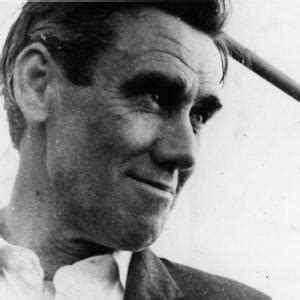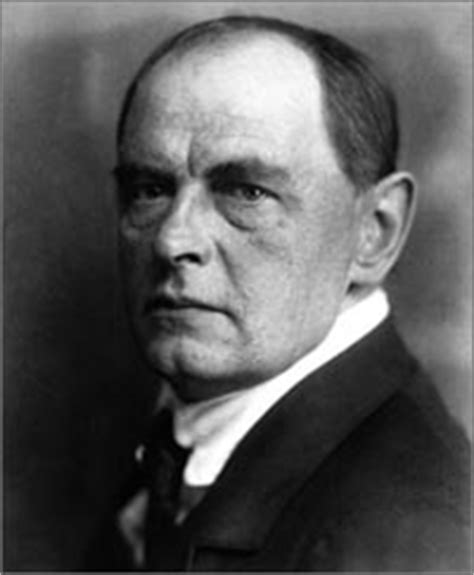A Quote by Pope John Paul II
Man must reconcile himself to his natural greatness.... he must not forget that he is a person.
Related Quotes
The person who experiences greatness must have a feeling for the myth he is in. He must reflect what is projected upon him. And he must have a strong sense of the sardonic. This is what uncouples him from belief in his own pretensions. The sardonic is all that permits him to move within himself. Without this quality, even occasional greatness will destroy a man.
Man—every man—is an end in himself, not a means to the ends of others; he must live for his own sake, neither sacrificing himself to others nor sacrificing others to himself; he must work for his rational self-interest, with the achievement of his own happiness as the highest moral purpose of his life.
Do not tell me that you have got to be rich! We have a false standard of greatness in the United States. We think here that a man must be great, that he must be notorious; that he must be extremely wealthy, or that his name must be upon the putrid lips of rumor. It is all a mistake. It is not necessary to be rich or to be great, or to be powerful, to be happy. The happy man is the successful man. Happiness is the legal tender of the soul.Joy is wealth.
Down these mean streets a man must go who is not himself mean, who is neither tarnished nor afraid...He is the hero, he is everything. He must be a complete man and a common man and yet an unusual man. He must be, to use a rather weathered phrase, a man of honor, by instinct, by inevitability, without thought of it, and certainly without saying it. He must be the best man in his world and a good enough man for any world
How does one chip off the marble that doesn't belong? ... That comes about through five things: humility, reverence, inspiration, deep purpose, and joy. No great man has ever wise-cracked his way to greatness. Until one learns to lose one's self he cannot find himself. No one can multiply himself by himself. He must first divide himself and give himself to the service of all, thus placing himself within all others through acts of thoughtfulness and service.
If an American is to amount to anything he must rely upon himself, and not upon the State; he must take pride in his own work, instead of sitting idle to envy the luck of others. He must face life with resolute courage, win victory if he can, and accept defeat if he must, without seeking to place on his fellow man a responsibility which is not theirs.








































